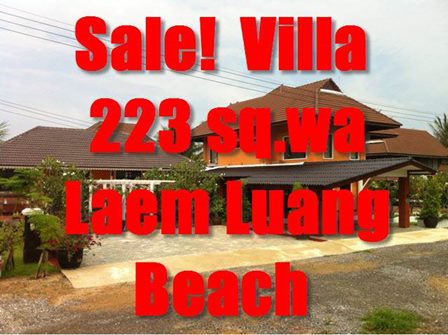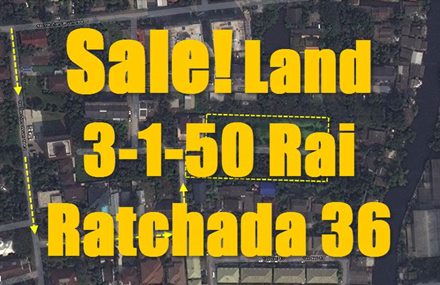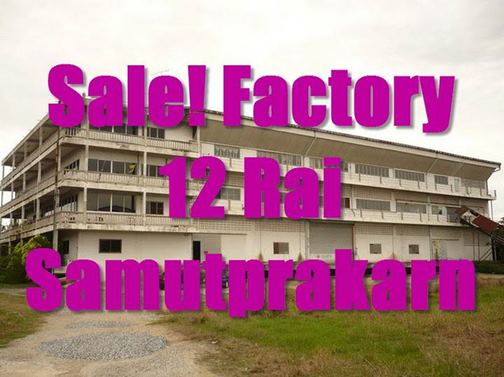After three consecutive years of commercial and residential downturn in Vietnam’s market, innovative measures hope to buck the trend and boost sales.
A stock market rally, three straight monthly interest rate cuts, and government consciousness, aim to revive the Vietnamese real estate’s future and fortune.
Office and residential development appear to be lucrative and imminent opportunities for investors.
Investors’ loss of confidence in the property markets moved them to invest in alternative markets: gold, equities, and bank deposits.
Amidst stringent legislation on gold trading imposed by the government as well as decreasing bank rates, investors are looking to shuffle their stock market profits.
A stock market rally, three straight monthly interest rate cuts, and government consciousness, aim to revive the Vietnamese real estate’s future and fortune.
Office and residential development appear to be lucrative and imminent opportunities for investors.
Investors’ loss of confidence in the property markets moved them to invest in alternative markets: gold, equities, and bank deposits.
Amidst stringent legislation on gold trading imposed by the government as well as decreasing bank rates, investors are looking to shuffle their stock market profits.
Investment in Vietnamese real estate is experiencing a revival, according to Knight Frank Vietnam, a branch of the London based Knight Frank.
Cheaper money is the key to a real estate recovery in Vietnam, the brokerage firm believes. They report that a steady decline in interest rates over the coming 12 to 18 months would bring certainty and stability back to the market.
“We are still receiving strong interest from foreign investors who see there is a window of opportunity,” commented Knight Frank Vietnam. “However, the obstacle and hurdles remain the same.”
The asking price of the average residential property is too high for the market majority. Affordable small-sized apartments, which would attract the average-income earners market, are non-existent in the market – according to the Vietnam Real Estate Association.
Regulations require that commercial apartments cannot be smaller than 45sqm. Apartments for low-income residents cannot be less than 30sqm. The minimum apartment space in Thailand is 25sqm and for a two-resident unit in Hong Kong the minimum size is 15sqm, reported the World Property Channel.
The Ho Chi Minh City Real Estate Association agrees that high interest rates and unreasonable property prices restrict resurgence in the market.
Expressing optimism and confidence, Le Xuan Nghia, vice chairman of the National Financial Supervisory Commission, speculated that over the coming four to five months the property market will begin to see a recovery due to government efforts to support business – including tax reductions and abolitions of the fines on overdue loans.
Vietnam’s bad-loan-debt problem has persisted to hinder a market recovery.
by Property Report
Cheaper money is the key to a real estate recovery in Vietnam, the brokerage firm believes. They report that a steady decline in interest rates over the coming 12 to 18 months would bring certainty and stability back to the market.
“We are still receiving strong interest from foreign investors who see there is a window of opportunity,” commented Knight Frank Vietnam. “However, the obstacle and hurdles remain the same.”
The asking price of the average residential property is too high for the market majority. Affordable small-sized apartments, which would attract the average-income earners market, are non-existent in the market – according to the Vietnam Real Estate Association.
Regulations require that commercial apartments cannot be smaller than 45sqm. Apartments for low-income residents cannot be less than 30sqm. The minimum apartment space in Thailand is 25sqm and for a two-resident unit in Hong Kong the minimum size is 15sqm, reported the World Property Channel.
The Ho Chi Minh City Real Estate Association agrees that high interest rates and unreasonable property prices restrict resurgence in the market.
Expressing optimism and confidence, Le Xuan Nghia, vice chairman of the National Financial Supervisory Commission, speculated that over the coming four to five months the property market will begin to see a recovery due to government efforts to support business – including tax reductions and abolitions of the fines on overdue loans.
Vietnam’s bad-loan-debt problem has persisted to hinder a market recovery.
by Property Report












 RSS Feed
RSS Feed
